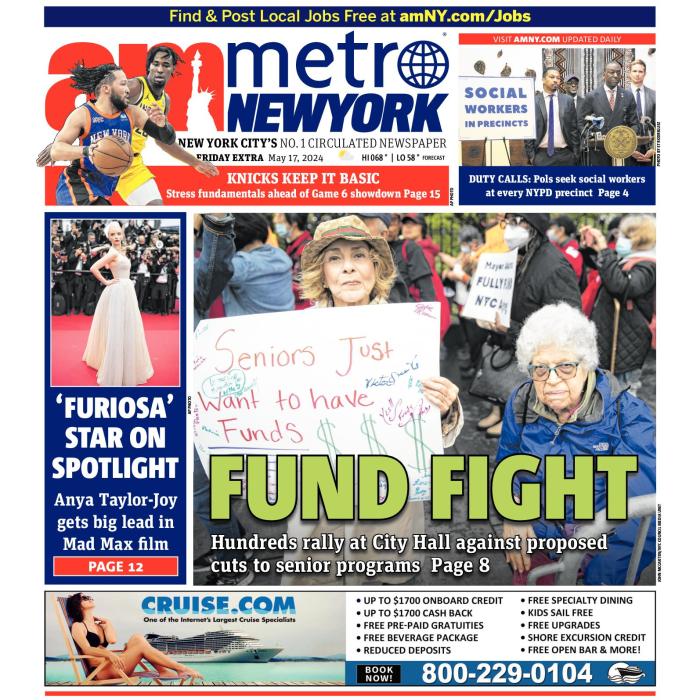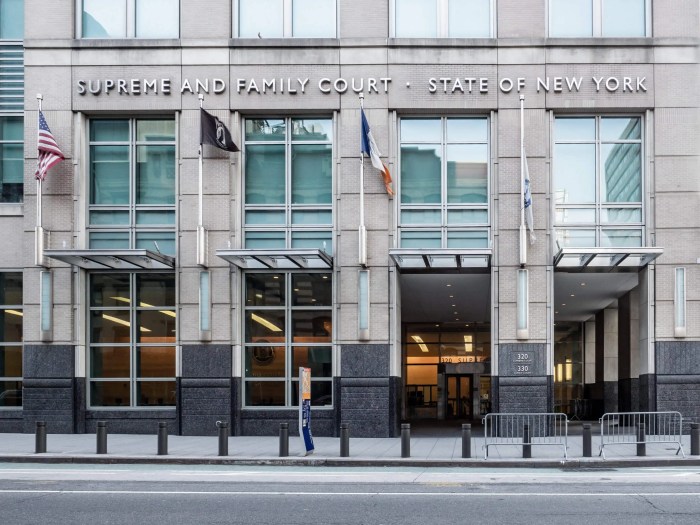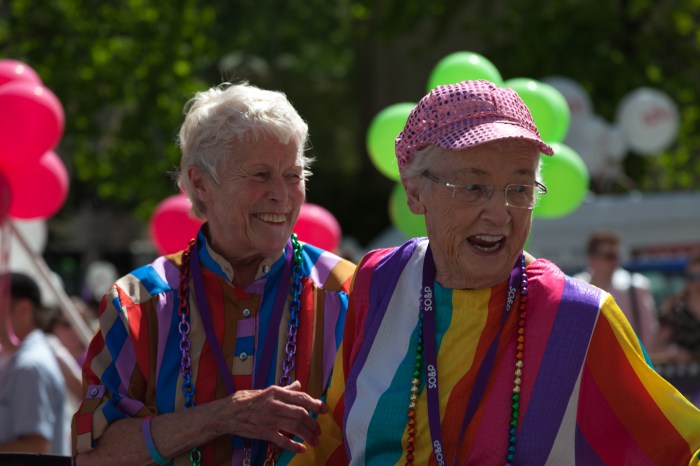BY Aline Reynolds
Developer SoHo Properties has been both plaintiff and defendant in recent weeks in court trials that are perpetuating the tribulations Park51 has incurred since day one.
New York firefighter Timothy Brown, Park51 developer SoHo Properties, and attorneys for New York City argued their cases at a hearing held on March 15 at the New York State Supreme Court in front of Judge Paul Feinman. The court date was a follow-up to a lawsuit that N.Y.C. firefighter Timothy Brown filed last August against Park51 and the city Landmarks Preservation Commission, alleging that the L.P.C. made an “arbitrary and capricious” decision in denying landmark status to 45-47 Park Place.
Brown is also accusing the mayor’s Community Affairs Unit of unfairly influencing the Park51 ruling by helping form the developer’s public relations strategy.
“It’s our contention that this was a political decision, and that there were very likely correspondences between the Mayor’s Office and the L.P.C,” said Brown’s attorney, Brett Joshpe.
Brown said he lost nearly 100 friends on 9/11, and claims to have an “aesthetic, historical and emotional interest in seeing a structure that withstood a direct hit from one of the hijacked planes on 9/11 preserved in its current form.” He is requesting that the court order the L.P.C. to reverse its decision made last July so as to designate the building a historic landmark.
The commission has never re-voted on a property’s landmark status after voting to deny it, according to L.P.C. Spokesperson Elisabeth de Bourbon.
SoHo Properties attorney Adam Leitman Bailey argued that Brown lacks influence in this issue, however, since he was not personally injured by the L.P.C. ruling.
Dov Treiman, chair of the Park51 defense group at Bailey’s law firm, said the allegation is ridiculous. “The law,” he said, “does not allow for something to impinge on the [U.S.] Constitution because somebody’s feelings are hurt.”
Brown’s contesting of the landmarks decision, Treiman argued, is merely a disguise for his opposition to the mosque proposed for the site.
“The only reason anybody is fighting this building now is not its history but its future,” said Treiman. “If the proposed use for this building were that it be operated as a grocery store, none of us would be here today.”
Following the hearing, Brown indeed called the developers “un-American,” while Joshpe faulted them for wanting to demolish and replace the building with a mosque on “hallowed ground.”
“The mere fact that this project could be perceived as ideological… is reason enough why well-intentioned people should not go through with it,” said Joshpe.
With regard to Brown’s standing in the landmarks decision, “Brown has as much of an emotional and aesthetic stake in the building’s status as anybody else,” he said. And while the claim is less tangible than physical or economic harm, Joshpe conceded, the courts historically recognize this reasoning as a legitimate legal claim.
Attorneys for New York City said that, contrary to Brown’s claims, the building, along with others near Ground Zero, doesn’t have an “inseparable connection” to 9/11 that would justify its designation as a landmark.
In January, the court denied Brown’s request of a temporary restraining order on the construction of Park51, since SoHo Properties acknowledged that demolition of the building was not imminent.
“It’s clear,” Joshpe conceded, “that the developers are far away from being able to bring the project to fruition.”
Feinman will issue another opinion in approximately three weeks, when the judge is expected to either dismiss the case altogether or authorize Brown’s request of additional documents that could reveal improper exchanges between the L.P.C. and the Mayor’s Office.
The City, meanwhile, continues to deny that there was any improper communication or conduct.
“Contrary to the petitioner’s allegations, the trail of emails produced in response to the [Freedom of Information Act] requests do not show that the mayor influenced L.P.C.,” according to the motion.
Joshpe maintained that if Brown loses the case and exhausts his appeals, he will pursue other legal actions against the developer and the City.
SoHo sues Burlington
A separate legal battle is currently under way between Park51 and the former occupants of the building at 45-51 Park Place.
SoHo Properties is taking the Burlington Coat Factory to court for dismantling two large “Burlington” signs that once hung on the façade of the building, which the retail store formerly leased.
It is suing Burlington for $3 million, the estimated value of the sign plus the amount of advertising revenue it would have generated; at least $1 million for trespassing on its property; and more than $100,000 for creating holes in the front and the side of the building.
The suit, filed in N.Y. State Supreme Court two weeks ago, claims that Burlington hired workers to remove the signs one night last May without municipal permits. Burlington committed the crime, the lawsuit alleges, because of the company’s “animus and hostility” surrounding the mosque.
In taking down the signs, SoHo Properties said, Burlington damaged the building’s exterior and caused economic loss to the developer.
The signs, which were fixtures of the building, “provided to plaintiffs a valuable asset, which increased the value of the premises and provided rental income from advertising.” The developer also accuses Burlington of illegally trespassing on its turf.
Though they didn’t comply with the neighborhood’s zoning laws, the signs were permitted to remain attached to the building because they were grandfathered into the new system, according to SoHo Properties.
Burlington operated a clothing store at 45-51 Park Place until 2001, when it vacated the building. In 2008, the retail company terminated its lease.
Neither a spokesperson for SoHo Properties nor the Burlington Coat Factory would comment, since the case is pending in court.













